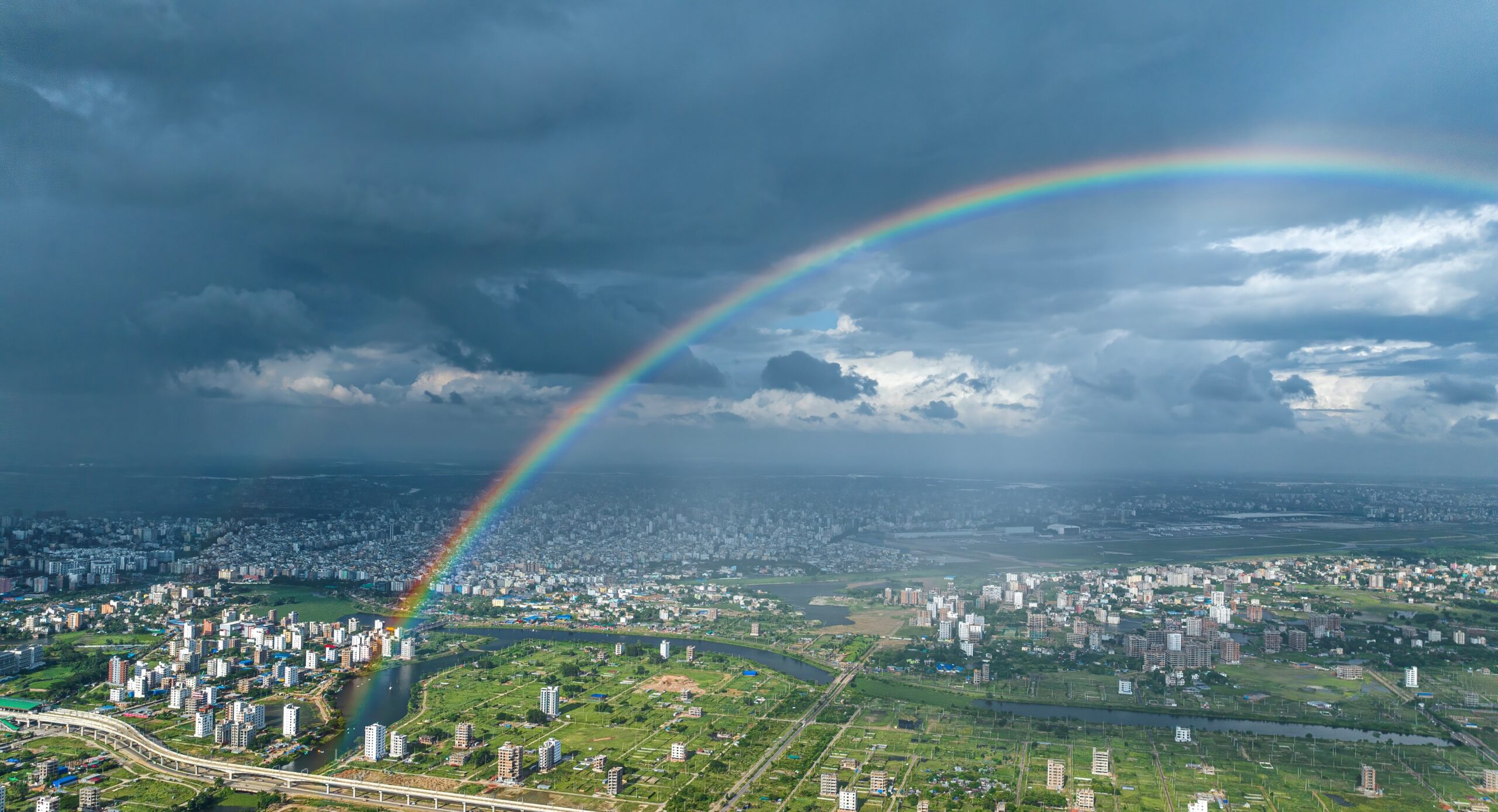June is LGBTQ+ Pride Month. We asked a few members of the AMS community to give us their thoughts on pride, community, history, and the path forward. This is part one of a two-part post.
Our Contributors
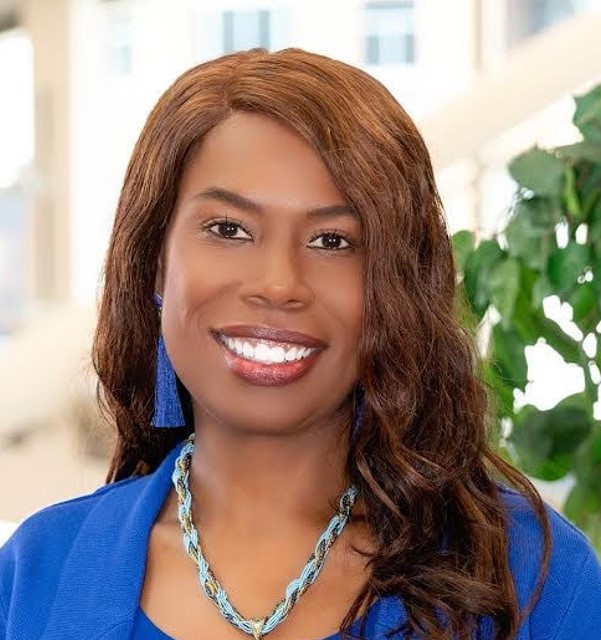
Kandis Boyd
I’ve worked in the federal government since the age of 19 and will celebrate 30 years of continuous service in August 2024. I’ve held over a dozen positions ranging from meteorologist to hydrologist, program manager, subject matter expert, deputy director, and director. I’ve also held positions in the non-profit sector and academia. I have degrees in Public Administration, Meteorology, [and] Water Resources, and certifications in Project Management (PMP) and Logistics, Transportation and Distribution (CLTD). My pronouns are She/Her/Hers and I identify as Queer/PanSexual.
Mike Augustyniak
I’ve been a broadcast meteorologist for WCCO in Minneapolis since 2008, and am an AMS Certified Broadcast Meteorologist and Certified Consulting Meteorologist. I’ve also appeared on The Ellen DeGeneres Show, CBS Evening News, CBS Mornings and the BBC. I received both my Bachelor and Master of Science degrees in atmospheric science from the University at Albany. I am the Outgoing Commissioner on Professional Affairs for AMS. I identify as a gay cis man.
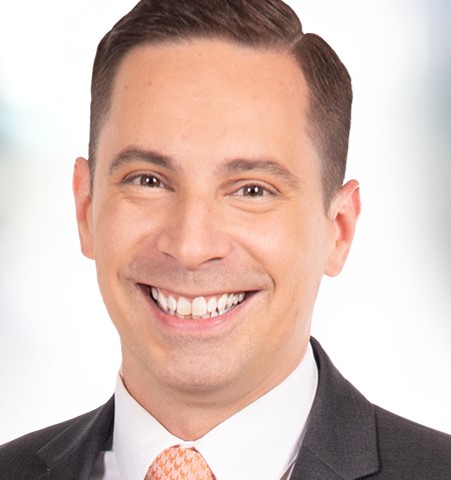
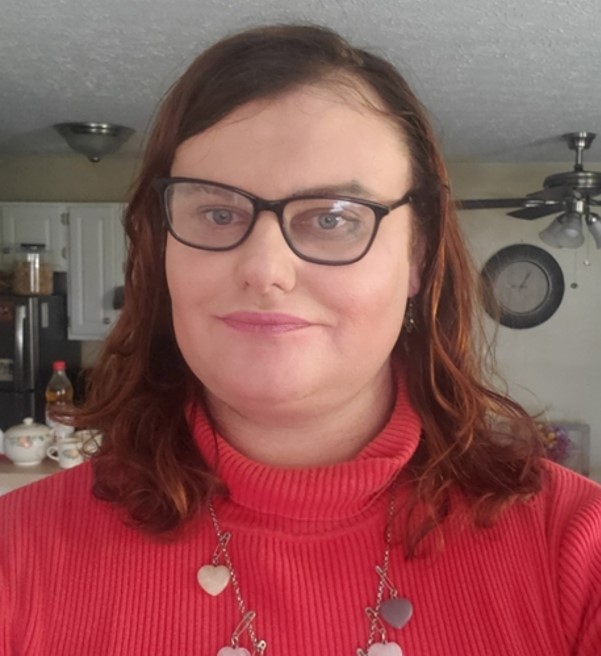
Jerrica Decker
I was born and raised in northwest Ohio. I graduated from OSU with my bachelor of science in 2008 and earned my masters in meteorology from OSU in 2010. I have been a meteorological systems engineer for weatherUSA since 2012. My current work ranges from data management to processing data sources. I am male to female transgender.
Tevin Wooten
I’m currently a morning meteorologist at NBC Boston. I have degrees in broadcast journalism from the University of Arkansas and a meteorology major from Florida State University. Previously, I worked with The Weather Channel as an on-camera meteorologist. I identify as gay and use he/him/his pronouns.
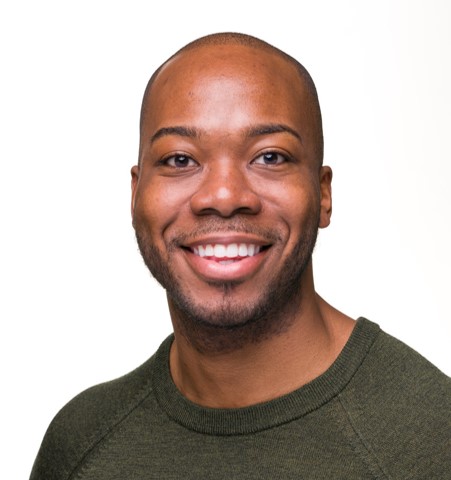
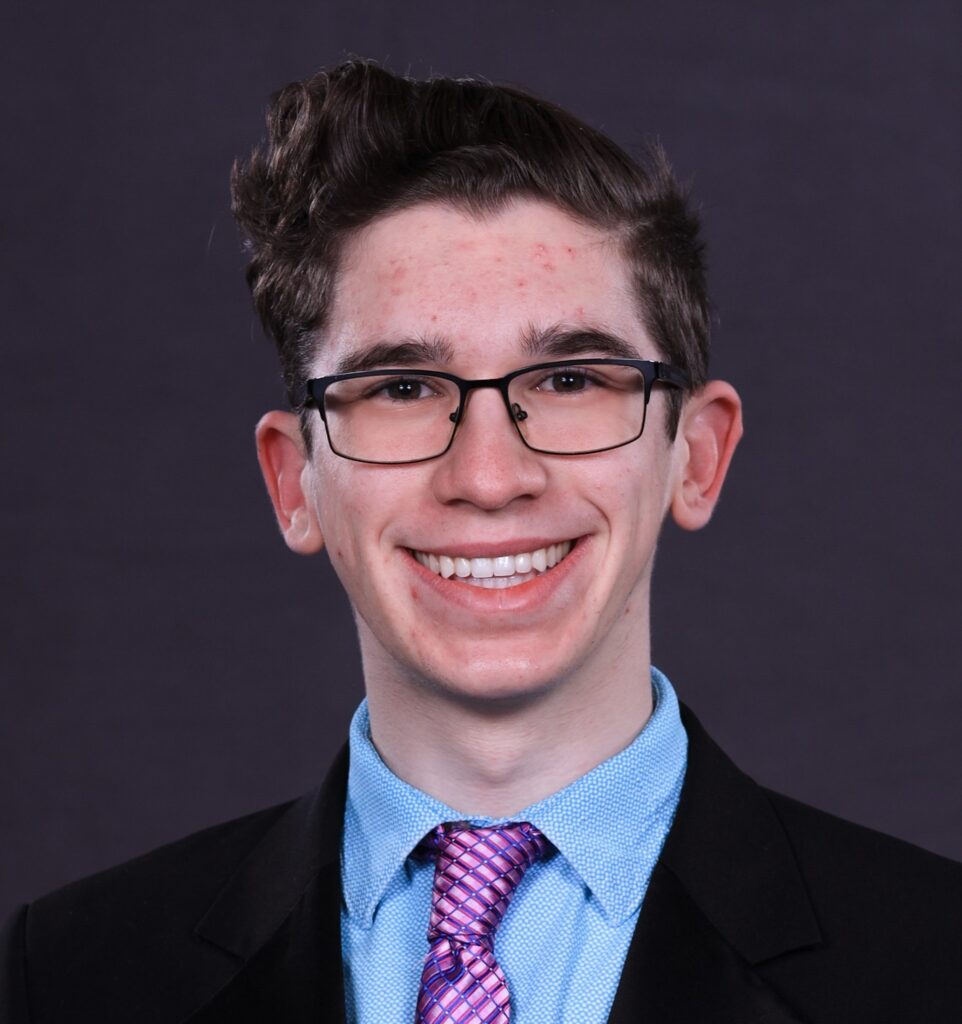
Declan Crowe
I am a recent graduate of NC State University in Raleigh, NC, with degrees in both Meteorology and Spanish. I’m pursuing a path of Emergency Management, and will be attending Millersville University starting in Fall 2024 to earn an MS in Emergency Management. I’ve performed numerous types of research related to both winter weather and tropical meteorology; my work has been featured in the NASA IMPACTS project and at the National Hurricane Center. I identify as gay and genderfluid, and I use he/they pronouns.
Brad Colman
My background includes a nearly 40-year career as an atmospheric scientist in our public sector with NOAA (both in OAR and NWS) and then about a decade in the private sector, ending with Bayer and the Climate Corporation supporting global agriculture. Currently, I’m the 1st past president of the AMS and actively involved in a number of other boards and volunteer activities. I am a gay male with pronouns he/him. While it took a while for me to come to acknowledge it growing up in the 60s and 70s, I now know this was my identity from early childhood.
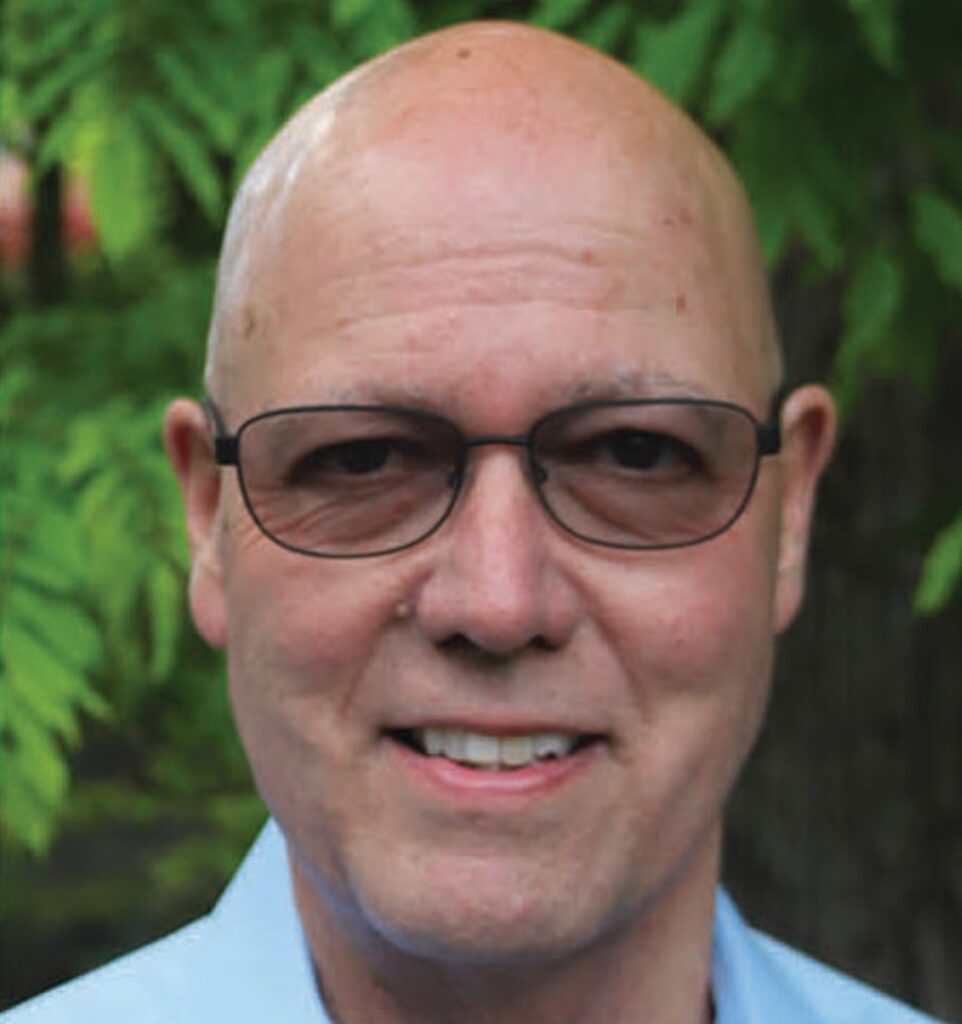
What has been your experience working on LGBTQ+ issues, or with LGBTQ+ organizations, within or outside AMS?
Tevin: I’m currently on the Culture and Inclusion Cabinet and the current chair of BRAID. The experience is rewarding but it’s also extremely taxing. We are attempting to rewrite several decades of injustice in the weather, water and climate enterprise. Our job is to now interpret and apply forecasts to marginalized communities that have been traditionally overlooked. In my work life, along with meteorology and forecasting, I report climate stories with an environmental justice lens.
Declan: I am currently the Chair of the AMS Coriolis Committee. I came into this role in January, after working with the Committee for a year before. I’ve been very happy to work with such a great group of people who are all dedicated to improving LGBTQ+ visibility and acceptance in AMS. I’ve also had the opportunity to meet a lot of LGBTQ+ community members and allies during my time with Coriolis, who have shared the joys and difficulties with me of being LGBTQ+ in the weather, water, and climate enterprise. These connections have served as motivation for me to continue to extend our outreach and promote acceptance of our community in all spaces.
Kandis: I have served on the Coriolis committee for several years and I have also worked with LGBTQ+ teams/committees in and outside of the workplace. As for my thoughts on the experience, it depended on the space: most LGBTQ+ experiences have been positive, but there is still much work to do because a large sector of our community opts to remain anonymous for safety reasons. The Coriolis group is a great group and I hope that their work will filter into all aspects of the AMS community — using pronouns, all gender bathrooms, and addressing workplace bullying and harassment. Yes, some meetings and events fail to be LGBTQ+-inclusive.
Brad: I have tried to be both supportive of, and be involved with, LGBTQ+ issues and groups in the AMS. It was one of a few personal priorities I set for myself moving into my role as president. We are very fortunate that the AMS has been very proactive in this area. We have the Culture and Inclusion Cabinet, BRAID, and Coriolis. In contrast to my concerns years ago about who might see me at a gay event, I am now both excited to be there and to see many allies from our broader AMS enterprise there as well. At our recent Annual Meeting in Baltimore, I was privileged to speak at the 15-year celebration of Coriolis. Seeing the huge turnout from AMS members of all ages impressed upon me the value of the steady work so many people in our community have done over the decades.
Jerrica: I am involved with AMS Coriolis and I am on the board for my hometown pride organization. I have done some work with advocacy.
When did you come out in your professional life? What made it easier/harder?
Brad: For me, coming out, especially professionally, was a decades-long process. Through graduate school and my early NOAA career, I only shared this private information with my closest and most trusted colleagues. As I became more comfortable being gay, I expanded my “in-the-know” community. This was challenging and tiring — Who had I told? Who knew via the grapevine? What was I risking by telling? Nonetheless, I was very fortunate and, my personal growth aside, I never felt I experienced discrimination. Eventually I was comfortable sharing this detail with colleagues and friends, and perhaps more importantly, I began to recognize that I might be helping others by sharing this aspect of my life with my professional community.
Kandis: I told myself that I would wait until I reached a certain level in my career before outing myself. I think that was the biggest mistake I made during my 30+ year career, because for so much of my life I led a dual life and constantly had to code-switch to assimilate. It is physically exhausting constantly reshaping your thoughts and actions to meet others’ expectations. So my advice to everyone is to show up and be your true authentic self from Day 1.
Mike: As for many, my coming-out process started in my personal life – family, friends, and eventually co-workers – and occurred over some months. During that process, I found it more challenging to tell long-term acquaintances my truth because, in my mind, I was asking them to readjust their understanding of who I was in a pretty major way, and with very little notice. While peoples’ reactions were almost universally positive and accepting, the process was still stressful for me. Consequently, at the age of 30, when I moved away from my hometown and first two jobs as a broadcaster, I decided to treat my new job and new city as a clean slate – starting from day 1 as “out.” This decision was absolutely the right one for me, and for my new home, where I can proudly represent the LGBTQ community in a very public and positive way.
Jerrica: I came out to my business partner in 2018, and he was very accepting.
Tevin: While I’ve always identified as queer, I came out mid-early career. This was strategic but also out of fear. Because my career is public facing, coming out has made it much easier to relate to viewers and my audience, and show that it’s okay to be my authentic self.
Declan: I’ve been lucky to have been out my entire professional life, but to varying levels depending on the situation. One of the things that has made being out easier has been surrounding myself with LGBTQ+ community members and allies who contribute to supportive and uplifting spaces. Obviously I’m not able to do this all the time, but when I do, I find that I am able to thrive both personally and professionally. In the same token, being around closed-minded individuals often makes it harder to express myself fully, particularly when these individuals have a lot of sway in my future career path.
What was it like finding your LGBTQ+ community, and why is that important?
Mike: AMS has provided a sense of belonging for me in multiple ways, an important one being the vibrant LGBTQ+ community within. For me, the chance social interactions that take place at AMS conferences and meetings have made the biggest impact. Realizing that an admired scientist has more in common with you than just your chosen field has been a very powerful thing. It *was* difficult to find my LGBTQ+ community in the early days of my career. Whether it was the era (early 2000s), my geographic location, my mindset – or, more likely, a combination of all these factors. I am grateful for those doing the work to expand and make the community more visible and welcoming. It has been my goal to be a small part of that change.
Tevin: I’ve had an overall positive experience. A lot of that is self-induced, because I try give off good energy, in hope that it returns. But I also try not to give attention to negativity.
Brad: Across many AMS programs and meetings I get to experience firsthand an active and engaged LGBTQ+ community that is the result of the hard work and commitment of many AMS members and staff over many years. Needless to say, they are a fun and welcoming group! Today’s experience contrasts sharply with my experience decades ago when there wasn’t a welcomed LGBTQ+ community. Any gatherings were done in secret and privately arranged. Early efforts to publicly organize were resisted.
Jerrica: In my experience it has been very easy to find LGBTQ+ community within the AMS and in central Ohio.
Declan: I’ve had many positive experiences where I’ve felt connected to the LGBTQ+ community within AMS. During the pandemic the Coriolis Reception was held on Zoom. Before I knew it, I felt like I was reconnecting with a bunch of old friends who understood the joys and difficulties of being part of the LGBTQ+ community. I’ve stayed in touch with many people I met in that Zoom call!
At times, it can be very difficult to find an LGBTQ+ community, particularly in smaller spaces where the focus is not on identities. Obviously, not every conversation needs to revolve around identities; however, I believe it would make it easier to find an LGBTQ+ community in every space if identities became a more common subject in weather, water, and climate spaces.
Join us next week for Part 2!
Featured image credit: Asker Ibne Firoz, “Rainbow over the city,” entry to 2023 Weather Band Photo Contest.
